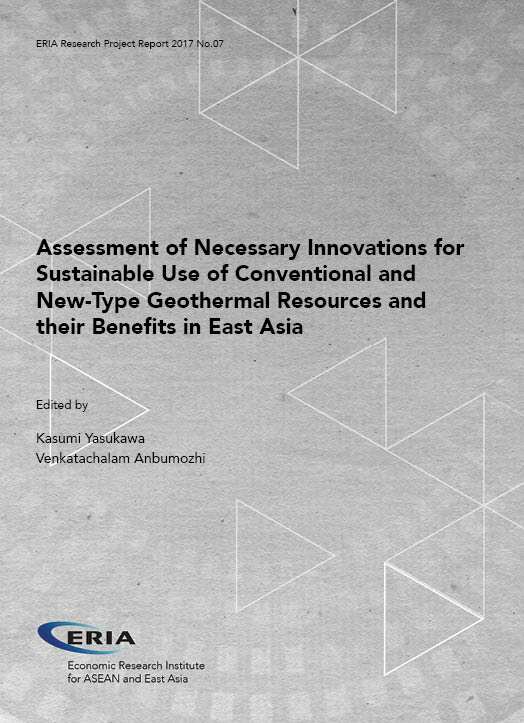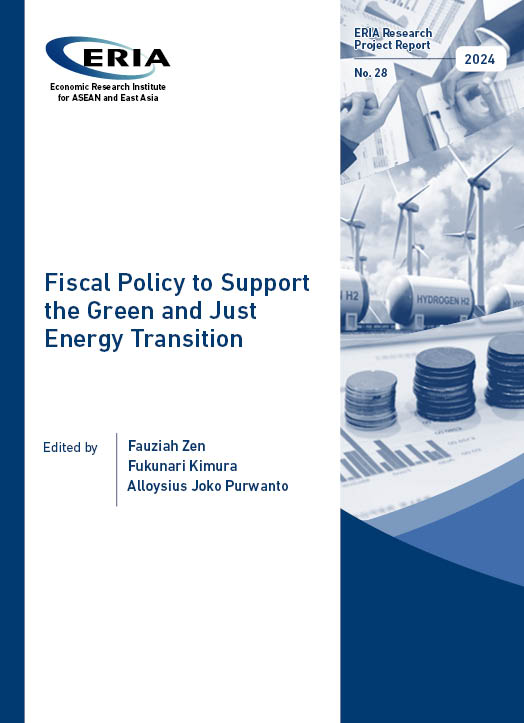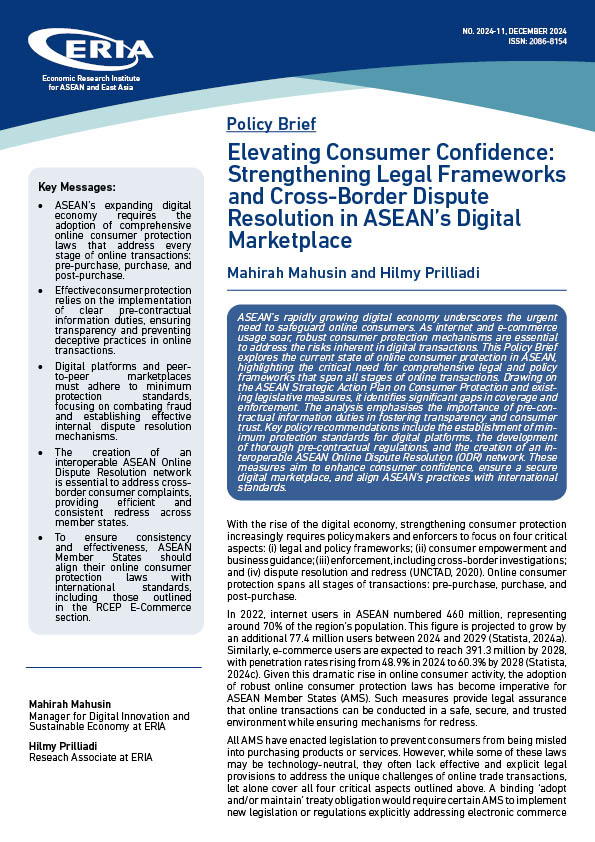Assessment on Necessary Innovations for Sustainable Use of Conventional and New-Type Geothermal Resources and their Benefits in East Asia

Print Article:
Against a backdrop of rising demand for sustainable energy solutions, there is a growing convergence in the role new types of geothermal technologies such a Ground Source Heat Pump (GSHP) can play in addressing energy security, generating local employment, and mitigating climate change. This report critically examines technical, social, policy, legal, and fiscal barriers to geo-thermal power production, direct use, and GSHP, and the estimated benefits in China, Indonesia, Japan, the Republic of Korea, Malaysia, the Philippines, Thailand, and Viet Nam. The estimated benefits are multiple and vary across the countries. For example, with a target capacity factor of 70%, Indonesia is in a position save 232 billion barrels of oil, avoid 129 million tons of carbon emissions, and generate about 15,000 local jobs. There are potential net benefits on a similar scale in the Philippines, Japan, China, and the Republic of Korea. Amongst the five types of barriers, it was found that technical and policy barriers dominate the Indonesian geothermal sector, while fiscal barriers are prevalent in the Philippines. Social barriers remain a challenge in Japan regarding direct use and GSHP. Three main areas are recommended for immediate policy action. One, clarify precisely the role of each state entity in providing critical incentives and concessions at three different stages of geothermal power development. Second, the tariff setting and tax holidays for geothermal, direct use, and GSHP should be seen not as a one-time event, but as a process – based on a published methodology and stakeholder consultation. Third, the inability to develop new resources is often due to lack of information on the reserve capacity. More spending on research and development is recommended.
Full Report
Contents
Chapter 1. Introduction and Project Scheme
Chapter 2. Summary of the Research Results
Chapter 3. Country Reports:
Chapter 3. 4. Republic of Korea




